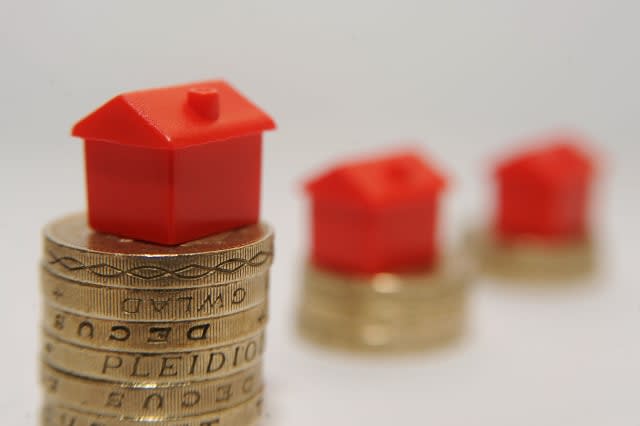House prices nudge 2007 highs: what can we expect?

House prices have risen almost 1% in a month, to £179,817: putting them just £1,200 off the peak they hit in 2007. The figures from the Land Registry cover March-April, just ahead what is traditionally boom time for the housing market. The question is whether this is a sign of a healthy market, or one heading for trouble.
The figures show that overall prices have risen 5.1% in the past 12 months. The experts have revised their predictions, so they now expect house prices to rise around 5% this year. Meanwhile the Halifax Housing Market Confidence Tracker shows that around two thirds of people expect prices to be higher this time next year. It wouldn't come as a surprise to anyone if house prices passed their 2007 peak this summer.
%VIRTUAL-ArticleSidebar-property-guide%
Is this a good thing?
House price rises tend to have a positive effect on consumer sentiment among homeowners. They feel richer, and in many cases dip into the equity in their property in order to boost their spending power. This improved sentiment means people buy more, and in turn boost manufacturing and growth.
The government certainly had an eye on house prices when launching a number of initiatives, from Help to Buy to the more recent first time buyer ISA and the Right to Buy changes. These policies work on the basis that house prices will continue rising, so the solution is to find a way of enabling people to afford higher prices.
However, there are those who argue that this is no good thing. If you want to get onto the housing ladder, or move up it, then these price rises have the opposite effect on sentiment - pushing the possibility of ever owning a home of your own even further out of reach, and requiring ever-more belt-tightening in the hope of saving up a bigger deposit.
The homeless charity Shelter, for example, has been one group arguing that none of these 'solutions' tackle the real issue at heart, which is the lack of housing. And that if there aren't enough houses to go around, then these measures will just continue to force house prices up until they reach unsustainable levels.
Interest rates
The crunch time will come when booming house prices convince the Bank of England that interest rates have to rise to stop the economy getting ahead of itself. At this point, there's then a very real risk that a number of homeowners run into trouble.
With house prices rising, people will be pushing their finances as far as possible in order to borrow the maximum available and find a way onto the property ladder. Those who have pushed themselves furthest will find it most difficult to deal with the impact of rising rates, when their monthly mortgage repayments go up anything between £50 and £200.
We reported yesterday on a piece of research that concluded a rise of just 1% would cause financial difficulties for 7 million homeowners. It also found that 10% of people would consider selling up and downsizing in order to afford their increased monthly costs. Whether the number of forced sellers entering the market precipitates a wobble in house prices or a crash depends on the numbers involved.
The risks are particularly concerning in London, which saw the biggest rises over the previous 12 months - up an average of almost 11%. The average property in the Capital is now worth almost £475,000 — which is almost twice as much as its nearest rival (the South East) and almost five times more expensive than property in the North East.
But what do you think? Is a return to the 2007 peak a good sign for you? Let us know in the comments.
Property on AOL Money
One-bed home: yours for £3.75 million
The most expensive places to live in Britain
Older Brits 'trapped' in outsized homes





